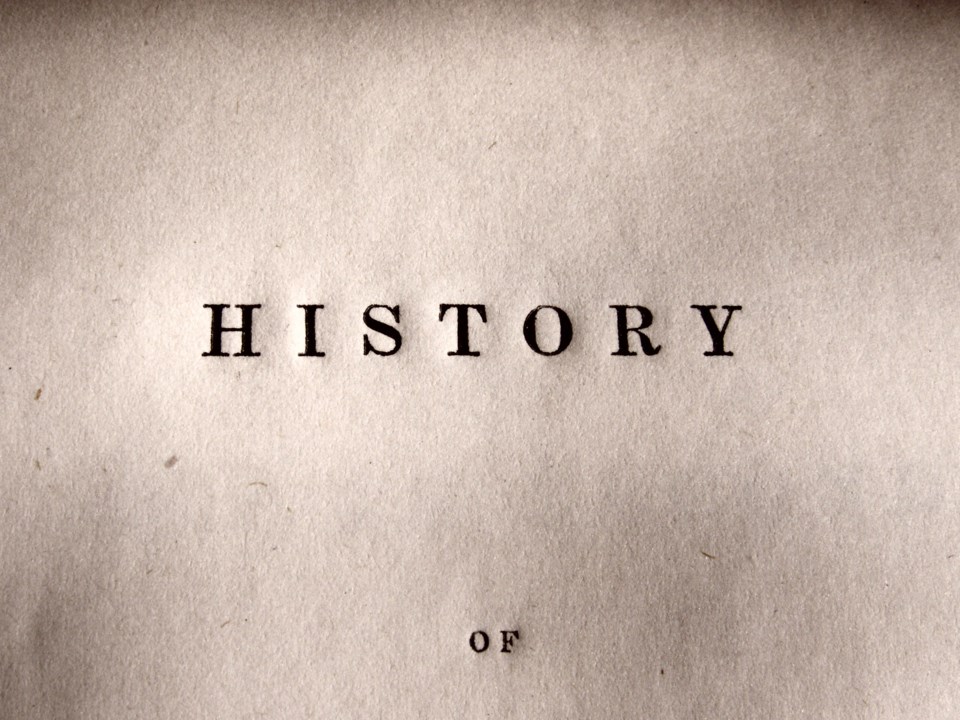The year was 1920. The location was Vistula River near Warsaw, Poland. Soviet forces had turned the tide in the Russian Civil War and were looking to connect with Communist revolutionaries in Germany and other parts of Europe. One country stood in the way, a restored Poland under Józef Piłsudski, looking to define its eastern border, and free other ethnic groups from German, Russian, and Austrian domination.
Poland’s attempt to help the Ukrainian People’s Republic in their fight with the Russian Soviet Federative Socialist Republic had failed and Red Army forces were rushing towards the Polish capital. Piłsudski decided to try to flank the Soviet forces as they were on the edge of victory and was wildly successful. The Red Army was thrown into disarray, with some units fleeing into neighbouring Germany and others being captured by Polish forces.
Despite some further fighting both countries would ultimately sign the Treaty of Riga in 1921 thereby establishing a border that remained until 1939. It is often said that the Battle of Warsaw saved the rest of Europe from a Russia invasion. Yet until relatively recently it was almost unheard of out of Poland. Why is this?
There is a tired old saying – history is written by the victors. It is the kind of saying that people think makes them look smart. It fails to take into account that history is actually written by whoever decides to actually take the time to write it down, nothing more, nothing less. The next step is to make sure people read what you wrote.
To many Poles, Piłsudski is a national hero, and the war is remembered as well as other major historical events. There was even a 3D historical drama, titled 1920 Bitwa Warszawksa, released in 2011. Outside of Poland, and potentially Russia, though, not many people know about this event. And if you want to order the DVD from Amazon, you better make sure your DVD player can handle Region 2 discs!
The big problem is language. Not much is written in either of our official languages, and Canadian historians are already notorious for not reading materials outside of their language. If Anglophone historians cannot be bothered to read the works produced by their Francophone colleagues, and vice-versa, what hope do we have of them reading something written in a language like Polish or Russian?
In this instance, history was also written by the losers. Although the Soviet invasion was ultimately stopped, the Soviet and Russian historians still claim victory, largely by arguing they were actually defending Belarus and Ukraine from a Polish invasion. Perhaps more importantly the Soviet Union would invade Poland in 1939 in partnership with Germany, and after fighting the so-called Great Patriotic War with Germany, not only moved Poland’s borders further west, but also installed a Communist government in the country.
Under this government, the war was either not discussed or presented as part of the Russian Civil War. In the case of the latter, it was generally used to present Interwar Poland in a negative light, in much the same way as it was claimed Polish lancers had charged German tanks at the start of the Second World War.
And this brings up the last aspect of how history is written. Not only do you need to actually write it and get people to read it, but you also need to get people to believe it. If there is any truth to history being written by the victors, it is because people like to hear good stories and talking about victory is often easier than talking about defeat. We celebrate Vimy Ridge and Juno Beach over the Somme and Dieppe.
The one big exception is romantic defeat, such as the Lost Cause narrative famously seen in some histories of the American Civil War. People believe stories about the Polish lancers charging German tanks because of negative stereotypes about Eastern Europeans in general.
It is plausible to people and plausibility is important because we are often faced with things in life that have no obvious answer either due to the absence of a complete data set or the need to trust in the experts. It is based on critical thinking skills as well as lived experiences, although we often forget about the latter. Since we have all lived different lives we can be presented with the same information and make different decisions, and not because we cannot critically think about things.
Daniel Sims is a First Nations Studies professor at UNBC and a member of the Tsay Keh Dene First Nation.

